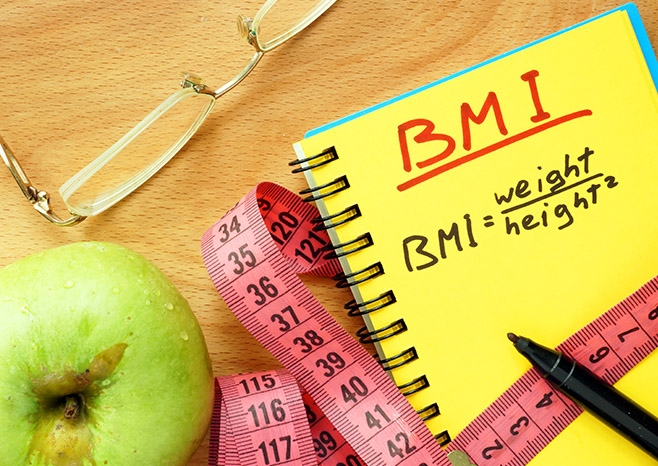
Healthy Hearts – Know Your Numbers
A healthy heart can contribute to a longer life, and cardiovascular fitness starts with knowing your numbers.
Some lifestyle choice – smoking, poor diet, lack of exercise – are commonly known to cause heart disease, so reducing or eliminating these behaviors can greatly improve your overall health. But understanding and taking control of your heart health requires you to know the numbers that tell the real story of your body’s hardest-working organ.
Blood Pressure
There’s a reason it’s the first diagnostic they run at even routine doctor visits. The two numbers representing your blood pressure consist of the top, or systolic, which is the amount of pressure blood is putting on your arteries when your heart beats, and the lower, the diastolic, which is the pressure on your arteries between beats, when your heart is at rest. High numbers – more than 120/80 – can indicate that you need to take action to prevent a future heart attack or stroke. Your heart is a powerful muscle, but strain from sustained high pressure can damage your arteries and the structure of the heart itself.
Lipid Profile
We’ve all heard about “good” and “bad” cholesterol, but how much of each is ok and what does it mean? A lipid profile will reveal your total cholesterol numbers, your HDL (“good”) and LDL (“bad”) cholesterol levels, and triglycerides in your blood. These fats are either heart-healthy HDLs, such as the kinds found in Mediterranean diets, or bad, artery-clogging LDLs and triglycerides that need to be reduced. These are the numbers you want in order to maintain healthy levels:
Total cholesterol: 200 or lower
HDL: 60 mg/dL or higher
LDL: Less than 100 mg/dL
Triglycerides: Less than 150 mg/dL
BMI
The easiest way to perform a quick DIY healthy heart checkup is to check your Body Mass Index, which is determined through dividing your weight by your height. An ideal BMI ranges from 18.5 – 24.9 and is considered a good indication that you’re maintaining a healthy weight. Anything higher means you’re carrying extra weight, which raises your blood pressure as well as LDL and triglycerides and lowers your HDL cholesterol levels. It also puts additional strain on your heart and arteries, and can contribute to diabetes.
Understanding these numbers, eating well, exercising and making lifestyle changes if necessary, are all ways you can take control of your heart health and live your best life.




